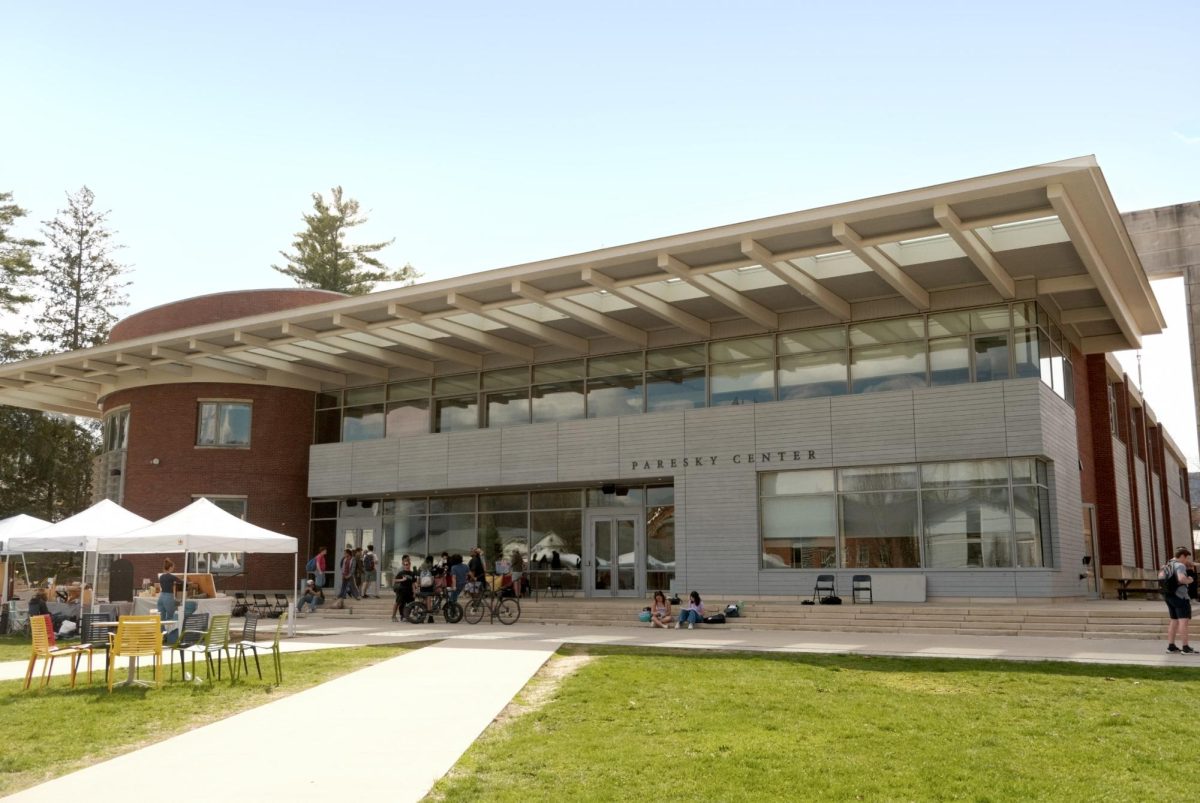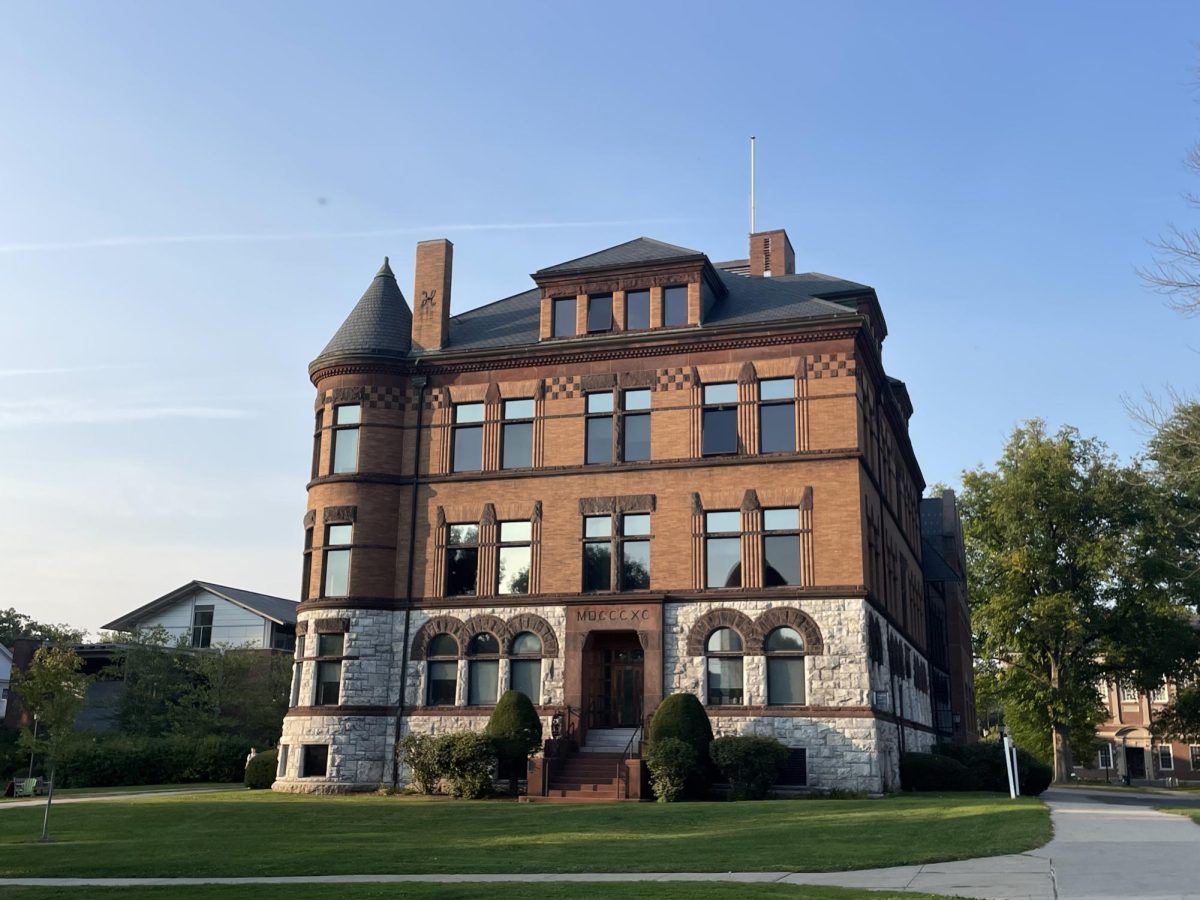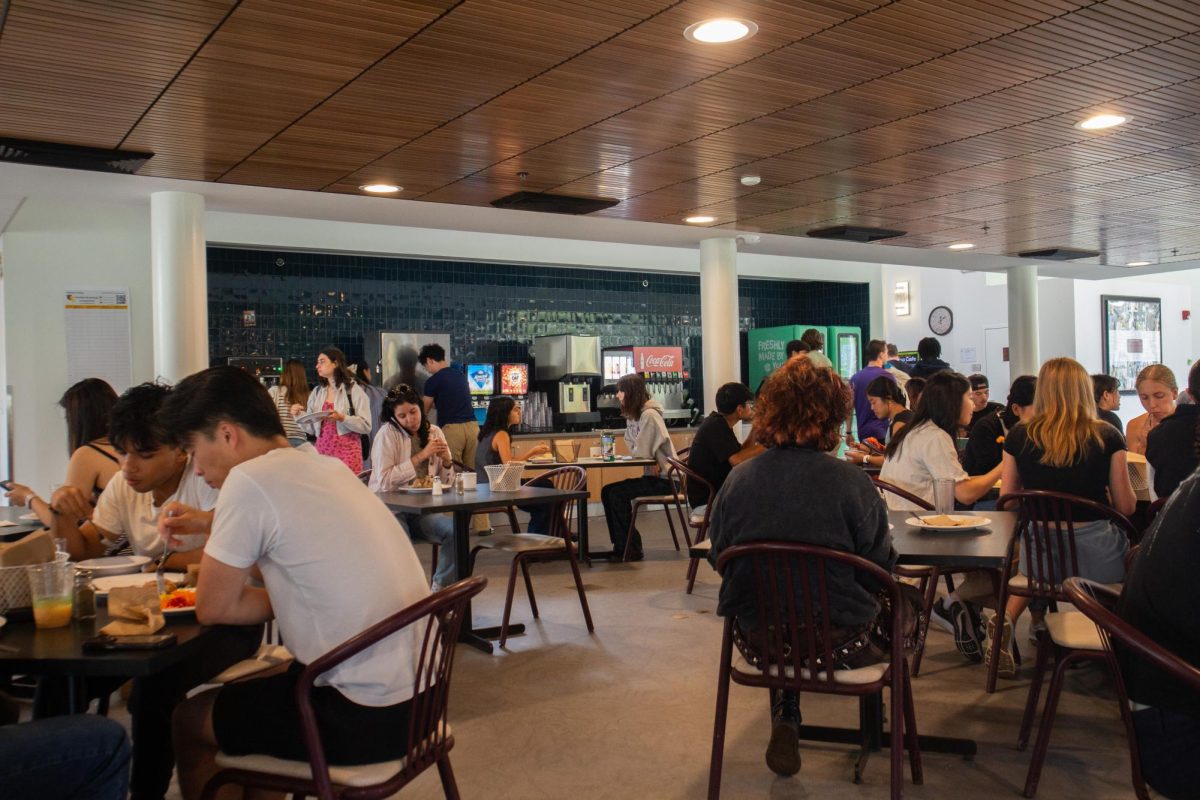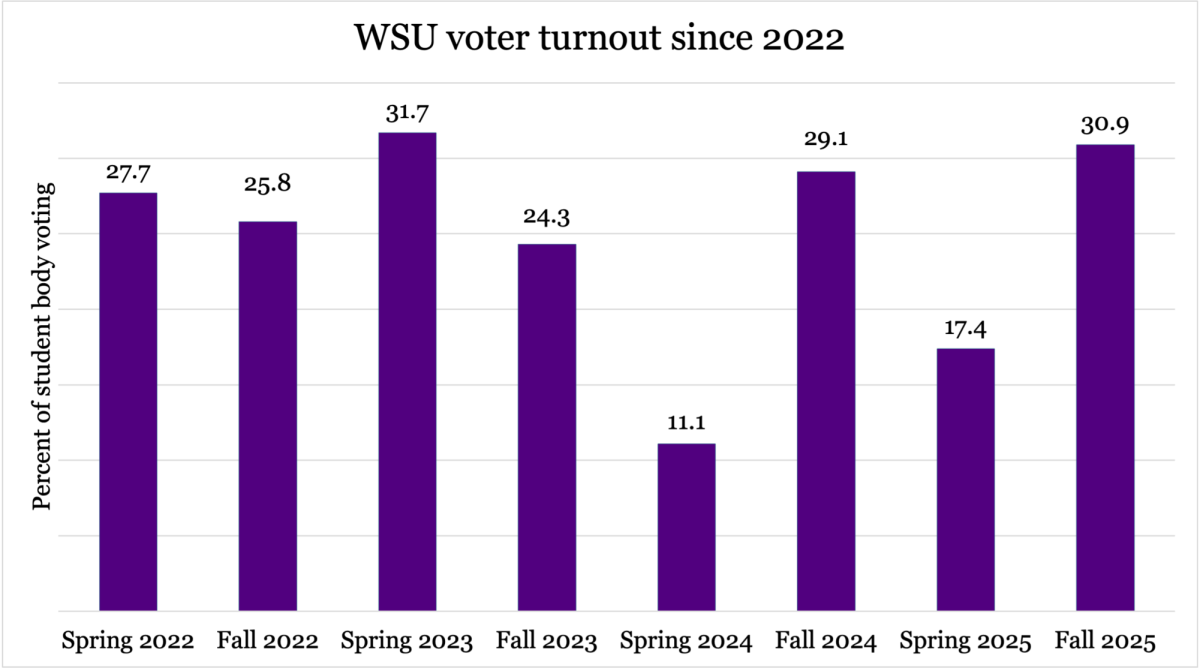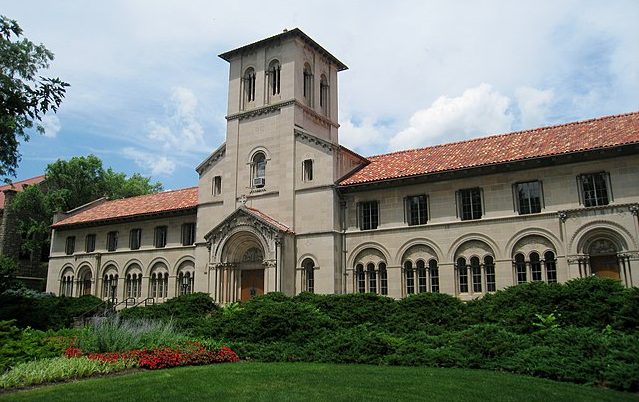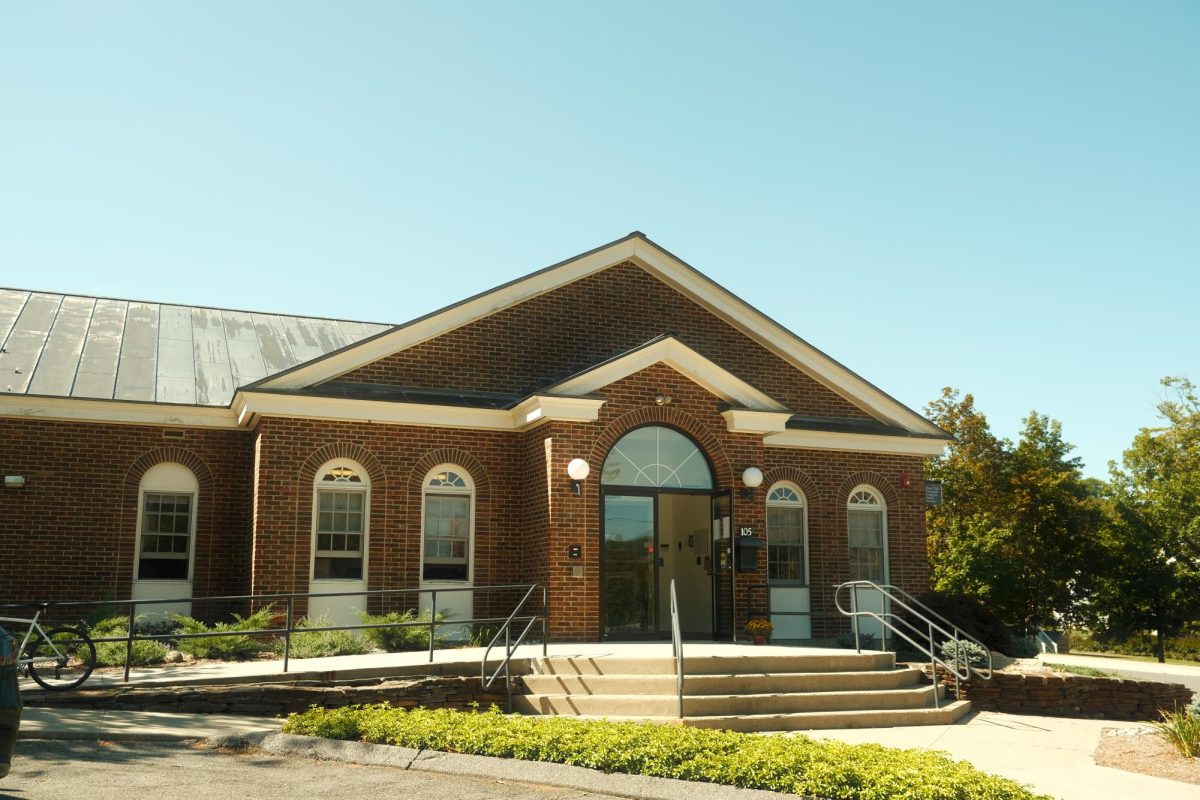
Associate Professor of Marine Policy Katy Robinson Hall has stepped down from her position at Williams-Mystic, the program announced in an Instagram post on Sept. 17. After 22 years at Williams-Mystic, Hall is moving on to practice law in Rhode Island.
“If you put your finger into the ocean, wait a moment, and pull it out, nobody will have noticed that your finger was there, and sometimes careers can be that way,” Executive Director of Williams-Mystic Tom Van Winkle said in an interview with the Record. “That is not true for Katy Robinson Hall. That’s not true if you’re a lighthouse … and as an educator, Katy has been that for 22 years, 44 semesters of students from Williams-Mystic.”
In interviews with the Record, multiple former students emphasized Hall’s contributions to the program.
In her marine policy class, students were asked to produce policy plans on issues affecting the coastal regions where Williams-Mystic conducts its field seminars. “Katy’s class was the first opportunity I had to work with policy,” said David Luongo ’25, Mystic F’22. “She connects you with stakeholders and pushes you really hard to talk to people.”
“On paper, we met with her three hours a week for class, but her contribution was more than class,” said Sam Sidders ’25, Mystic F ’22. “For people like me, who are kind of shy and don’t love calling people or emailing them out of the blue, she was so supportive. She was always there to meet with us.”
In addition to teaching classes, Hall accompanied Williams-Mystic students on their field seminars, in which students travel to different coastal regions of the United States as well as the oceans they border. Students and faculty members fondly remember the enthusiasm and spontaneity Hall brought to the seminars.
“Beyond the day-to-day class stuff, her impact was most felt in the field seminars,” Sidders said.
During field seminars, Hall always sought to engage with members of the communities she visited. Chair of Coastal and Ocean Studies Rónadh Cox recalled when Hall organized an impromptu lecture at a gas station in southern Louisiana. She was chatting with a couple at the gas station who told her they had moved to the region after losing their home in Hurricane Katrina, Cox recalled. Hall asked if the couple would be willing to share their story with the cohort, and when they agreed, she gathered the students together for a discussion, Cox said.
“She is so interested in people, and she projects that real, genuine interest so people just start telling her things, even though she’s a stranger,” Cox added.
Luongo and Sidders told similar stories in which Hall made snap connections with members of a community and invited them to speak to the group. Hall organized conversations like the one at the gas station, one time at a cemetary and another at a shipyard, providing her students with greater access to the communities affected by the environmental issues they were studying.
Hall’s commitment to community engagement has been recognized not only by her colleagues and students but also by the groups with which she has worked. After a number of years with Williams-Mystic in southern Louisiana, she was elected an honorary member of the Grand Caillou/Dulac band of Biloxi Chitimacha Choctaw tribe. The tribe’s chief, Devon Parfait ’22, was a student of Hall’s at Mystic.
“In terms of loss for the program, it’s big,” Van Winkle said. “I’m going to sorely miss her. She was a dear colleague and a dear friend.”









